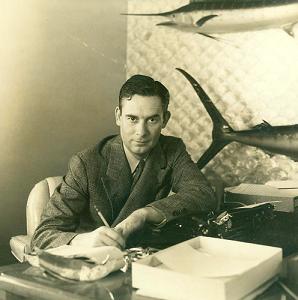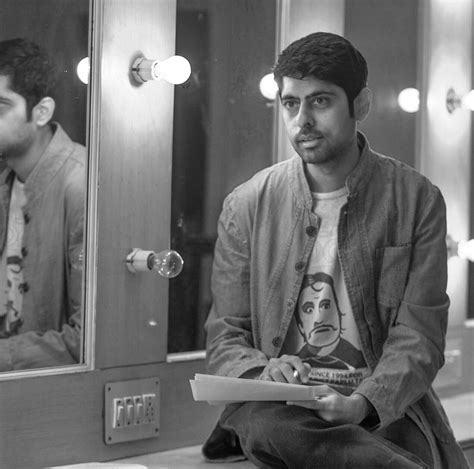A Quote by Earl Warren
Mere unorthodoxy or dissent from the prevailing mores is not to be condemned. The absence of such voices would be a symptom of grave illness to our society.
Related Quotes
"Consider the matter dispassionately, Mr. Foster, and you will see that no offence is so heinous as unorthodoxy of behaviour. Murder kills only the individual- and after all, wha is an individual? ". . . ." We can make a new one with the greatest of ease- as many as we like. Unorthodoxy threatens more than the life of a mere individual; it strikes at Society itself."
We must dissent from the indifference. We must dissent from the apathy. We must dissent from the fear, the hatred and the mistrust. We must dissent from a nation that has buried its head in the sand, waiting in vain for the needs of its poor, its elderly, and its sick to disappear and just blow away. We must dissent from a government that has left its young without jobs, education or hope. We must dissent from the poverty of vision and the absence of moral leadership. We must dissent because America can do better, because America has no choice but to do better.
In Western society, and particularly in American society, imagination is stulified from infancy. The imaginative child is discouraged and upbraided. He is told that the process is mere dreaming, that it wastes time and leads nowhere. It is said to be "impractical." As the child grows and its imagination inevitably leads it to express unconventional ideas and to try new behavior, it is chided and even viciously punished for such signs of unorthodoxy.
Protection, therefore, against the tyranny of the magistrate is not enough; there needs protection against the tyranny of the prevailing opinion and feeling, against the tendency of society to impose, by other means than civil penalties, its own ideas and practices as rules of conduct on those who dissent from them.
Human life is thus only a perpetual illusion; men deceive and flatter each other. No one speaks of us in our presence as he does of us in our absence. Human society is founded on mutual deceit; few friendships would endure if each knew what his friend said of him in his absence, although he then spoke in sincerity and without passion.
Evil denotes the lack of good. Not every absence of good is an evil, for absence may be taken either in a purely negative or in aprivative sense. Mere negation does not display the character of evil, otherwise nonexistents would be evil and moreover, a thing would be evil for not possessing the goodness of something else, which would mean that man is bad for not having the strength of a lion or the speed of a wild goat. But what is evil is privation; in this sense blindness means the privation of sight.

































